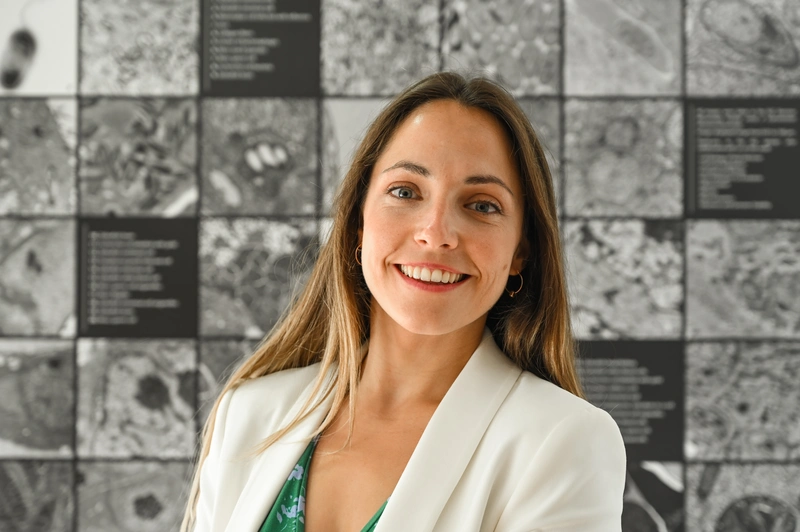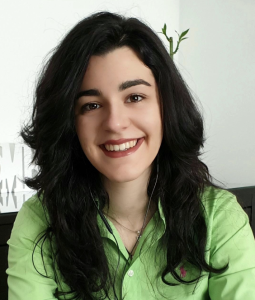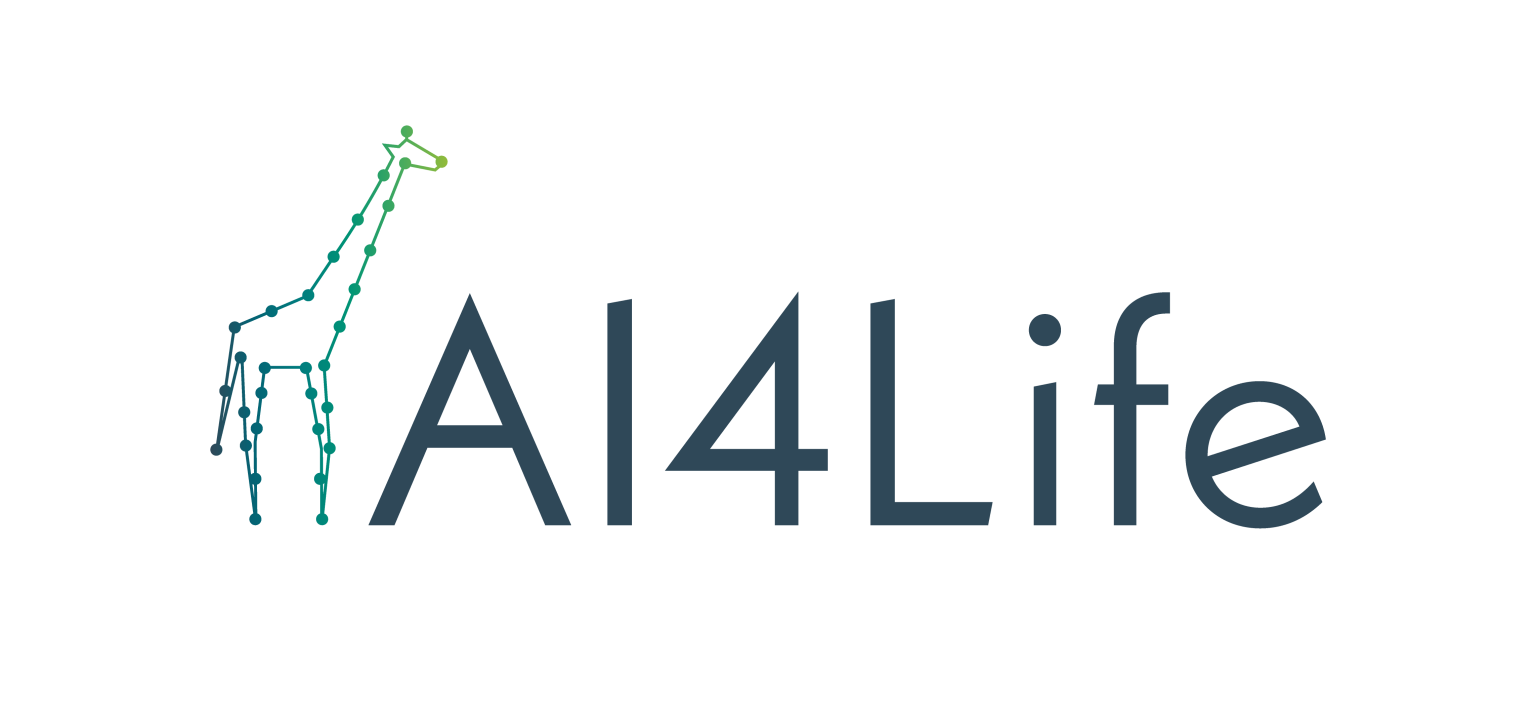Celebrating the International Day of Women and Girls in Science
Milan, 11 February 2023
At the recent Hackathon “Deep Learning in Fiji”, organized by AI4Life and Global Bioimaging at the Human Technopole, several talented and accomplished women engineers made their mark.
As the world celebrated the International Day of Women and Girls in Science during the Hackathon, we took the opportunity to highlight the contributions of the female participants to the hackathon. Read below their trajectories and accomplishments.
Caterina Fuster-Barceló

Caterina is a post-doctoral researcher immersed in AI4Life with Dr Arrate Muñoz Barrutia. In December 2022, she defended a PhD in Computer Science and Technology with a cum-laude mention obtained at Carlos III University of Madrid (UC3M), Spain, under the supervision of Dr Pedro Peris and Dr Carmen Cámara. She possesses a BSc in Telematics Engineering from the University of the Balearic Islands (UIB) and an MSc in Cybersecurity for the UC3M. One of her great passions is sharing the knowledge she obtained these last years with different communities. For this reason, she is participating in Skype A Scientist and has explained her thesis to people from different backgrounds at different conferences that you will find on her website.

Estibaliz is a mathematician by training and an expert in biomedical image analysis. She did her PhD at Universidad Carlos III de Madrid (Spain) with Prof. Arrate Muñoz-Barrutia and Prof. Denis Wirtz on the study of 3D cancer cell motility. Currently, she’s an EMBO postdoctoral fellow within the group of Prof. Ricardo Henriques at the Instituto Gulbenkian de Ciência in Portugal. She is heavily involved in the bioimage analysis community, more particularly in the development of deepImageJ, ZeroCostDL4Mic, DeepBacs and the BioImage Model Zoo. She also collaborates in the Cell Tracking Challenge and she’s a trainer in NEUBIAS training school for BioImage Analysts, EMBO practical courses on image processing, EMBL-EBI courses for Microscopy Data Analysis, Neurophotonics Summer School at CERVO institute & Universidad Laval, and the DL@MBL. Find out more about her career on her website and Twitter account.
In AI4Life, Estibaliz works on the connection between the resources that build models (ZeroCostDL4Mic) and consume them (deepImageJ), and the BioImage Model Zoo.
Estibaliz Gomez de Mariscal

Fiona Inglis

Fiona is currently a Research Software Engineer developing QuPath, a software for viewing, processing and quantifying microscopic images with a specific focus on large whole-slide images. She was first exposed to the imaging world while working as a slide-scanning imaging technician for the University of Edinburgh, after her first BSc in infectious diseases. 2 years on, she switched her career path to web development as she wanted to pursue programming full-time after enjoying scripting imageJ macros for researchers. Fiona completed another BSc alongside working, this time in Software Development, and then she found out about the opportunity to be part of Pete Bankhead’s growing QuPath team. This role has allowed her to combine her interests and has introduced her to a fantastic community, working together to put cutting-edge AI tools into researchers’ hands.
This was my first hackathon and therefore I planned to absorb as much knowledge as possible from those around me. Being at an in-person event after working remotely for so long was very refreshing and hugely beneficial to knowledge sharing and discussions. I spent the time understanding QuPaths current integration of deep learning, exploring the tools developed by others at the event and ways to increase the compatibility of these tools with each other.

Lucia is a biomedical and computer science engineer, working on AI4Life with Dr Arrate Muñoz Barrutia. She did an MSc in Information Engineering for Health in order to use her skills to make deep learning accessible and easy to use in the Life Sciences field. She is now involved in the development of new tools and resources for biomedical image analysis and the improvement of some currently existing like DeepimageJ.
In the past years, she has been involved in projects related to neurodegeneration and rare blood diseases, trying to understand these conditions and find new ways to diagnose them. She is committed to inspiring new generations to pursue STEM careers and making science easy to understand for people not in the field. For that matter she has been part of some initiatives like #JuntosXElCancer, creating didactical biomedical engineering content related to cancer research; and she has also been part of CEEIBIS, the national committee for biomedical and health engineering, organizing talks and events for students that want to pursue a career in this field. Know more about Lucia on her website.

Lucia Moya-Sans

Beatriz Serrano-Solano

Beatriz Serrano-Solano is a software engineer with a PhD in Computational Biology from the University of Málaga (Spain). After successfully defending her thesis, she embarked on a journey to Germany where she continued her academic pursuits as a postdoctoral researcher at EMBL Heidelberg. There, she participated in scientific projects for the European project EOSCpilot and later EOSC-Life. Later, and for a bit more than two years, she served as the community manager for the European Galaxy project, showcasing her expertise in project management and community building. Today, she holds the position of Scientific Project Manager at Euro-BioImaging, where she is involved in the European project AI4Life.
In AI4Life, Beatriz leads the work package for Communication, Outreach and Training, being also heavily involved in the organisation of the Open Calls and Challenges that will take place during the 3 years of the project.
